Black History Month feature: Lesser known heroes
As Black History Month comes to a close, it’s a perfect time to remember the African Americans who have contributed to our lives. Though Martin Luther King Jr. and Rosa Parks made huge contributions to Black Lives and rights, it is crucial to remember unknown African Americans who have improved and impacted many lives over the years. Here is a look into 10 lesser known heroes of Black American history, and how they have impacted lives around the US.
Bessie Coleman was an inspiring woman because of her determination to become a pilot, eventually earning her the title of first African Woman pilot. She became an icon of equality, and refused to give speeches where there was heavy segregation. Though she died in a plane accident, the Challenger Pilots’ Association of Chicago flies in her remembrance each year.
“The air is only the place free from prejudice” ~Bessie Coleman
Shirley Chisholm became the second African American in the New York Legislature, and was the first African American woman in Congress. During her time in Congress, she introduced more than 50 pieces of legislation, and fought for the racial and gender equality, the plight of the poor, and the ending of Vietnam. After her time in office, she co-founded the National Political Congress of Black Women.
“I am and always will be a catalyst for change” ~Shirley Chisholm.
Robert Sengstacke Abbott created an important outlet for the voices of African Americans around the country. By founding the Chicago Defender Newspaper, one of the most widely read Black American newspapers around the country, he gave a voice to the African American point of view that had been silenced until the 19th century.
“No greater glory, no greater honor, is the lot of man departing than a feeling possessed deep in his hear that the world is a better place for his having lived” ~ Robert S. Abbot
Gwendolyn Brooks was a female writer who was also the first African American author to win a pulitzer prize for her work Annie Allen, which described portraits of the African American urban poor people. Because of her work, she became a poetry consultant to the library of Congress, and her later works became more political, touching on issues such as color and justice.
“We are each other’s magnitude and bond” ~ Gwendolyn Brooks
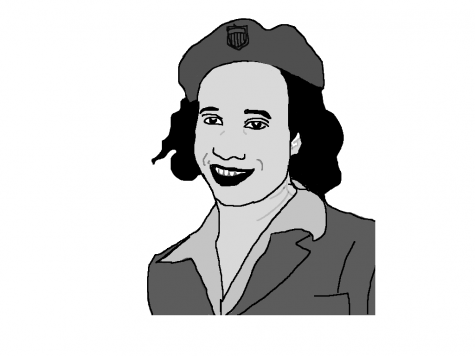 Alice Coachman was a woman who broke barriers for herself, and the world. She smashed the world record for the high jump 10 years in a row. Upon entering the 1948 Olympics, she destroyed the existing national high jump record, becoming the first colored person to win an olympic gold medal. She was also cheered by black and white supporters alike.
Alice Coachman was a woman who broke barriers for herself, and the world. She smashed the world record for the high jump 10 years in a row. Upon entering the 1948 Olympics, she destroyed the existing national high jump record, becoming the first colored person to win an olympic gold medal. She was also cheered by black and white supporters alike.
“I’ve always believed that I could do whatever I set my mind to do” ~ Alice Coachman
Gordon Parks broke barriers through photography, and became the first African American to be on the staff of the LIFE magazine. His work mainly focused on race relations, poverty, civil rights and urban life, and he was known for his highly expressive works touching on the impacts of poverty and discrimination.
“I suffered evils, but without allowing them to robe me of the freedom to expand” ~ Gordon Parks
Marsha P. Johnson left behind a tremendous legacy on the LGBTQ+ community, and was also a key figure leading a series of protests and riots demanding rights for gay people. Marsha’s impact on drag and queer culture is unmistakable, and Marsha’s life was dedicated to helping others despite countless mental health issues.
“I may be crazy, but that don’t make me wrong” ~ Marsha P. Johnson
Alvin Ailey was an African American who became an acclaimed dancer and choreographer. He became known for his impact on modern dance, and especially for his choreography that created and continues to spread global awareness of black life in America, and their struggles. Ailey also received the Presidential Medal of Freedom from former President Barack Obama.
“To be who you are and become what you are capable of is the only goal worth living” ~ Alvin Ailey
Benjamin O. Davis Sr. was the first African American general in the american military, and over his career, he also earned the Bronze Star Medal. During World War II, O. Davis Sr. became the special assistant to the Commanding General in the European Theater of Operations. He was succeeded by his son, who became the nation’s second African American general officer.
~ Benjamin O. Davis Sr.
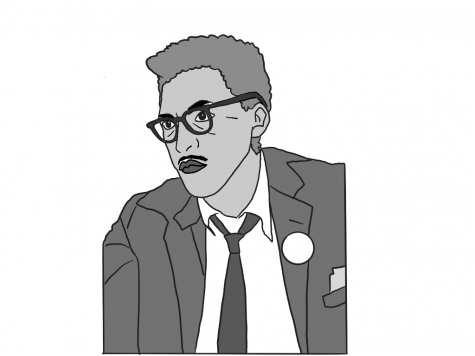 Bayard Rustin is often considered the mastermind behind the March on Washington in August 1963, and was the one who organized in the shadows. Because he was a gay man, he was not in the frontlines of the march. However, he served his community continuously, and he also pushed for more jobs and better wages for the African Americans.
Bayard Rustin is often considered the mastermind behind the March on Washington in August 1963, and was the one who organized in the shadows. Because he was a gay man, he was not in the frontlines of the march. However, he served his community continuously, and he also pushed for more jobs and better wages for the African Americans.
“Let us be enraged about injustice, but let us not be destroyed by it” ~ Bayard Rustin
Your donation will support the student journalists in the AVJournalism program. Your contribution will allow us to purchase equipment and cover our annual website hosting costs.

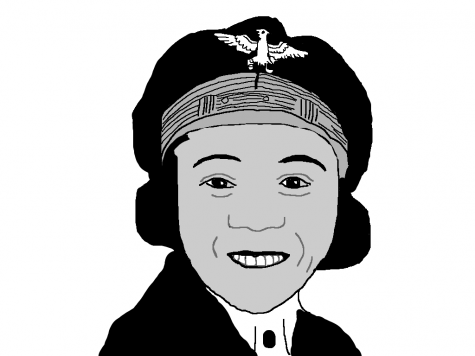
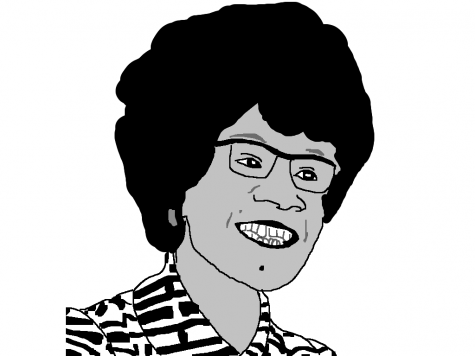
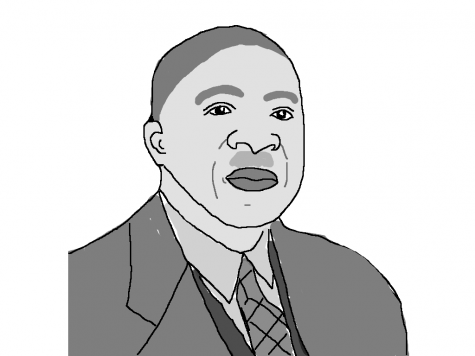
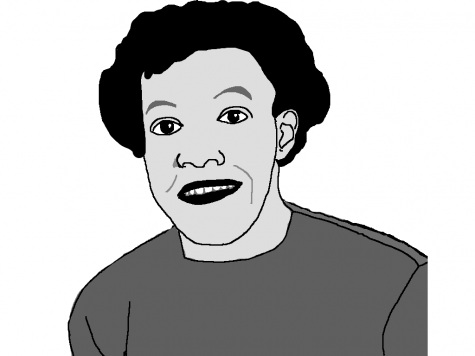
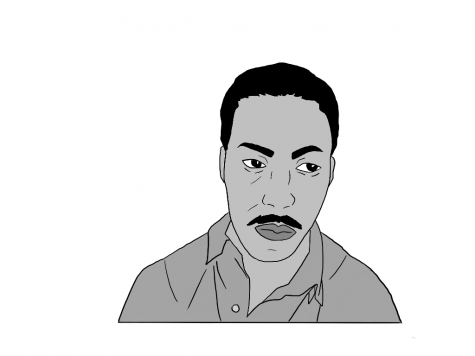
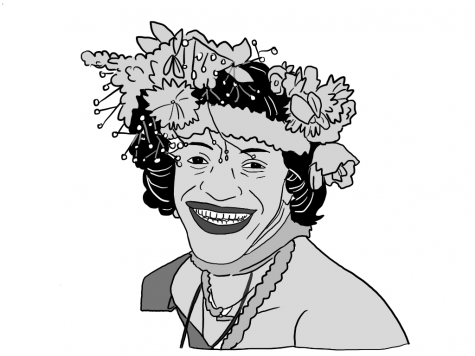
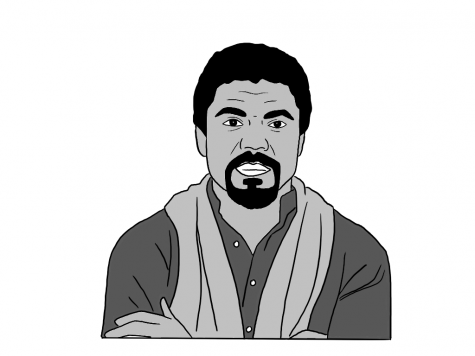
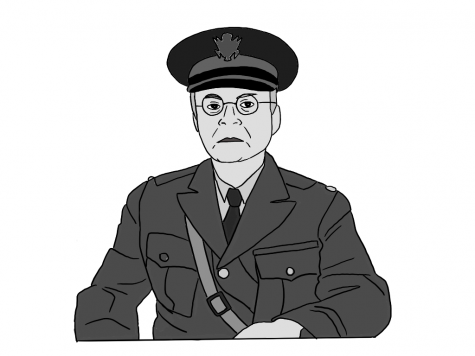

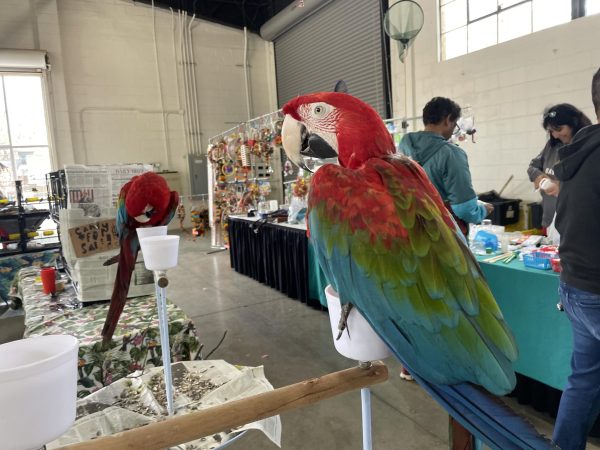
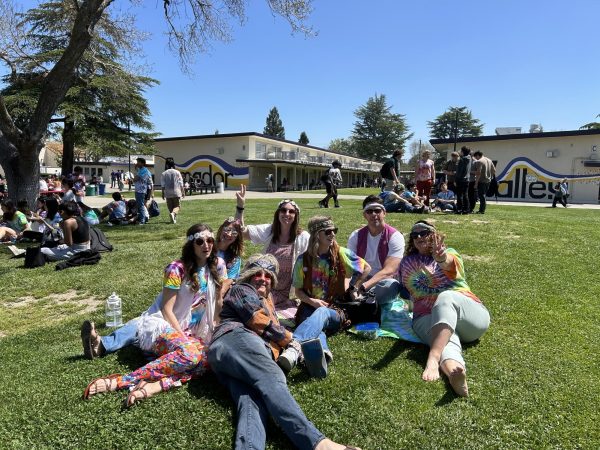
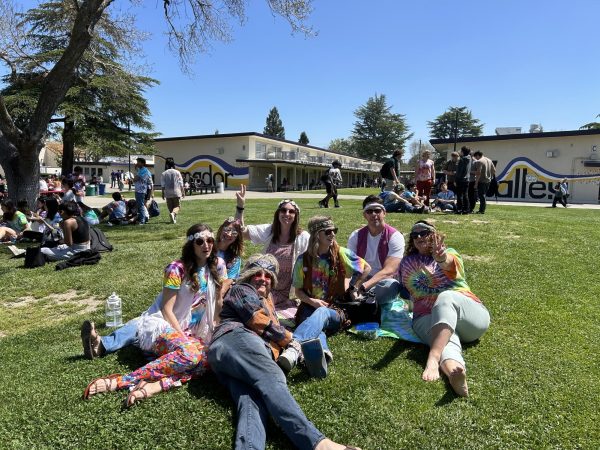
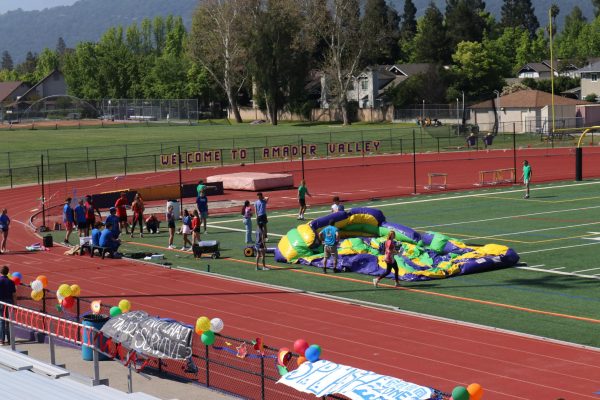
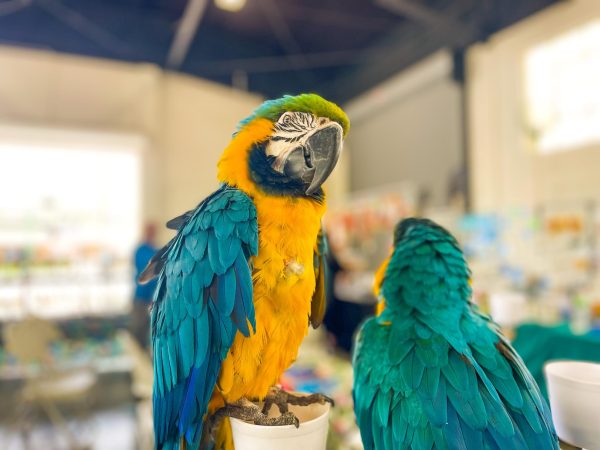
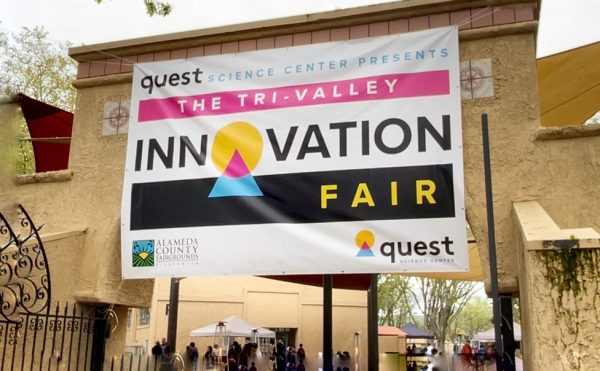



LOUDJINA • Mar 8, 2022 at 10:44 am
THAT WAS SOME AWSOME STORIES